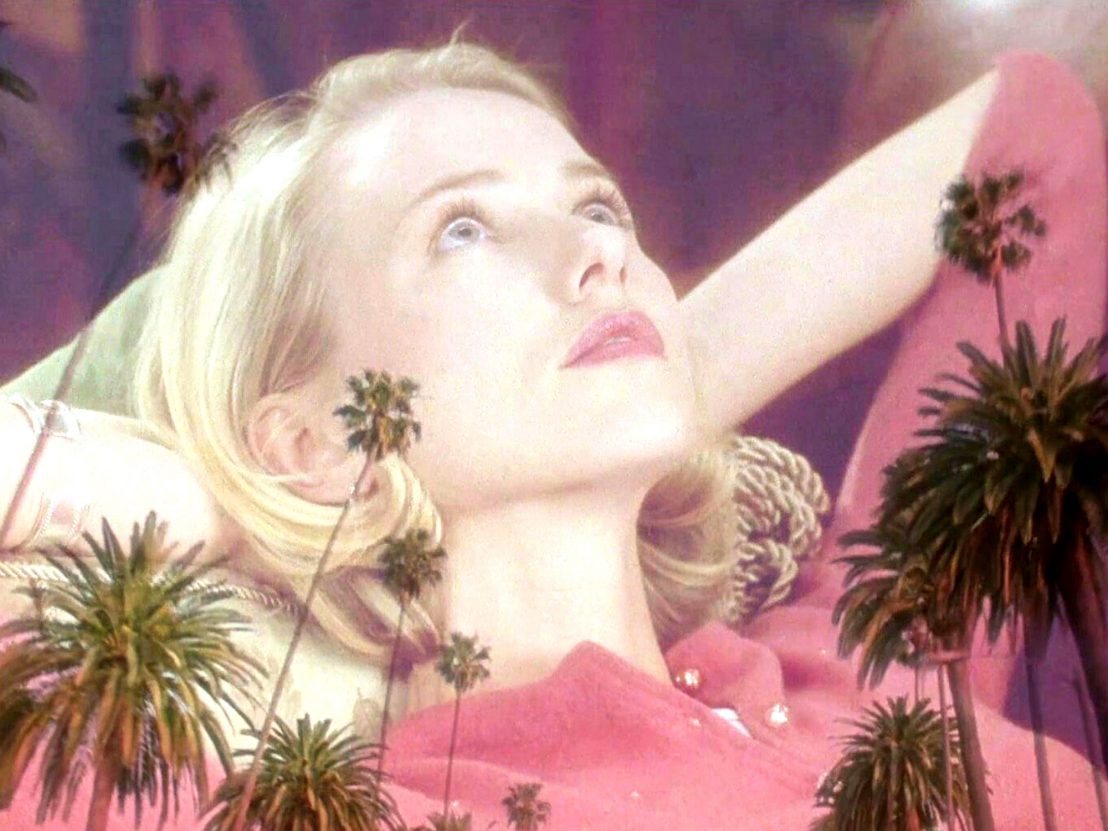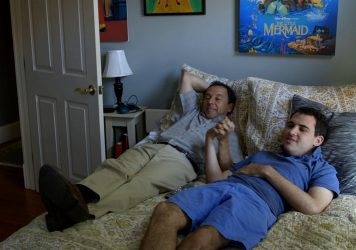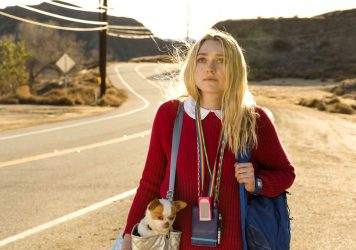
What do autism and cinema mean to you? Growing up as an autistic person in the early 2000s, I became used to the idea of only ever seeing myself through a neurotypical lens. Non-autistic actors portrayed the condition in stories mediated through non-autistic characters, often a haggard sibling in the likes of Rain Man and Molly, the latter about attempting to “cure” someone of their autism via experimental brain surgery.
The idea of cinema being used, to paraphrase Roger Ebert, as an empathy machine when it came to people like me felt far-fetched. The word ‘autistic’ became a negative verb in my life, cultivated from stereotypes perpetuated by films such as both aforementioned titles.
It is therefore a great relief to see the Barbican programming ‘Autism and Cinema: An Exploration of Neurodiversity’, a season devoted to exploring autism through cinema in a more enlightening manner. The season incorporates a diverse range of documentary, short form, avant-garde and narrative features, unpacking complex themes of identity and how a neurodiverse perspective can be explored through the mechanics of filmmaking rather than glanced at from a distance.
Although the majority of the programme is helmed by neurotypical artists, the choices themselves reflect an effort to put neurodiverse voices front and centre. This is exemplified in closing film Keep the Change, an under-seen American rom-com directed by Rachel Israel which centres on two autistic adults played by autistic actors Brandon Polansky and Samantha Elisofan.
The blunt frankness of Polansky’s humour could, in lesser hands, be played more broadly as a distancing device. Credit to Israel for investing us in the leads’ relationship by depicting them no differently than any other rom-com coupling. To see autistic individuals represented as capable of love, sex and other facets of adult life is nothing short of refreshing and Israel’s direction prevents a potentially mawkish set-up from ever feeling too contrived.
Roger Ross Williams’ documentary Life, Animated offers a deeper dive into visually representing how an autistic person makes sense of social complexities through cinema. Although more conventional than something like The Reason I Jump, its exploration of echolalia – the phenomenon of repeating phrases out of context, often from secondary sources – is one rarely discussed outside of the occasional zinger in more mainstream films such as Baby Driver.
To me, there will always be something personally resonant about seeing someone use film as a way to make sense of the confusion of life at an early age. It is through representation such as that in both Israel and Williams’ films that will pave the way towards negating the common misconceptions around autism that are baked into popular culture.
Most of the season is comprised of similarly themed material, including Mick Jackson’s 2010 biopic of autistic rights activist Temple Grandin, and Jean-Pierre Daniel, Fernand Deligny and Josée Manenti’s 1971 anti-institutional therapy docudrama Le Moindre geste. The decision to include Mulholland Drive, perplexing as it may seem, is in keeping with the season’s aim of exploring perspectives on cinema adjacent to neurodiversity.
Upon revisiting David Lynch’s film, it is striking how neatly structured it is within its own rhythm; its constant elusiveness is often cited as the reason for its enduring status. To get the most out of Mulholland Drive is to accept it on its own terms rather than attempting to seek a single prescriptive reading. As an autistic person whose mind often races to construct several meanings out of one image, there’s an odd reassurance to be gleaned here within Lynch’s oppressive atmosphere of dread.
‘Autism and Cinema’ is run in partnership with The Centre of Film and Ethics at Queen Mary University. Janet Harbord, Professor of Film at Queen Mary, has stated that, “The autistic capacity for visual thinking… for bringing into the foreground what is often lost to the background, characterise this series of films, demonstrating an historical affinity between autism and cinema.”
Looking at this season offers not only a counterpoint to my previous feelings, proving that there is a “historical affinity between autism and cinema”, but also hope for the future of neurodiverse representation in film.
For more information and to book tickets visit barbican.org.uk
Published 13 Sep 2021

By Ewan Cameron
This touching documentary shows how cinema can be a vital tool in overcoming adversity.

By Chloe Smith
Ben Lewin’s 2017 film allowed me to better understand my condition and myself.

This documentary adaptation of Naoki Higashida’s memoir is an immersive sensory exploration of non-verbal autism.